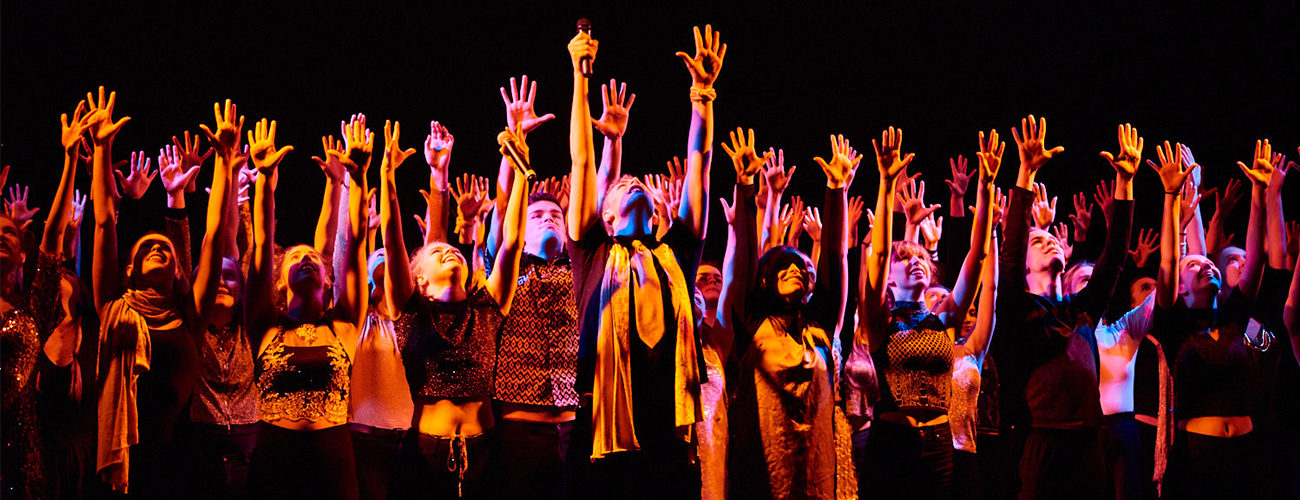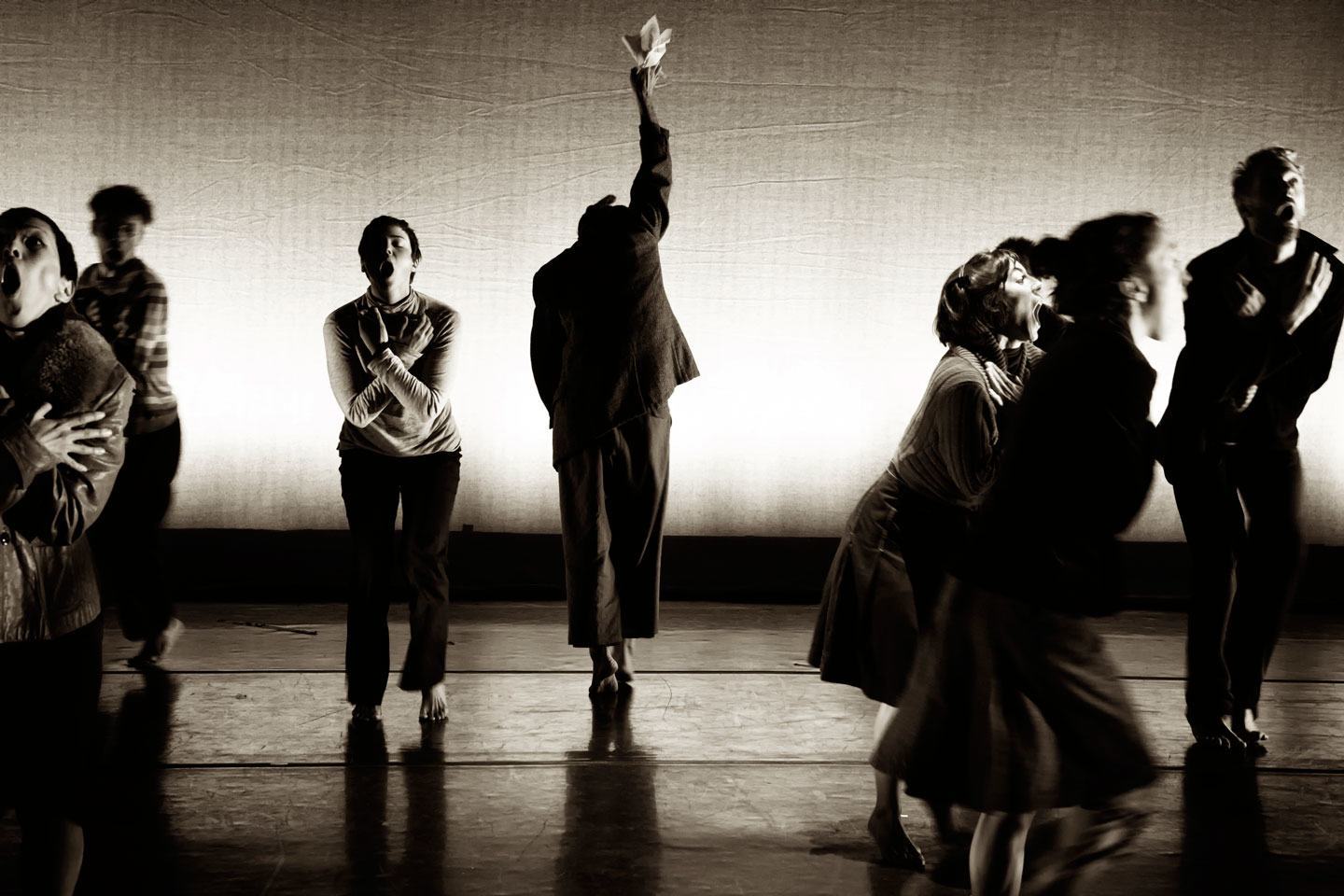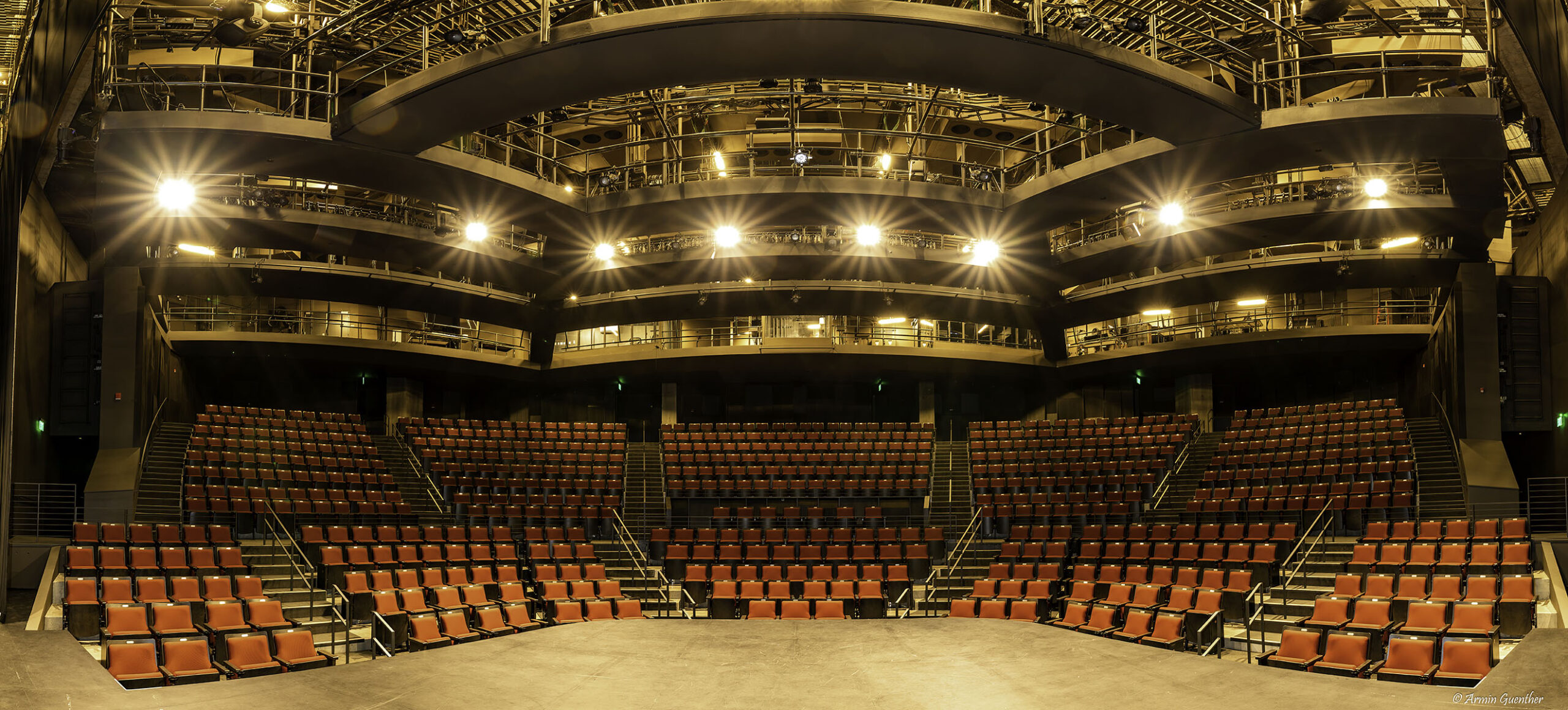Theater workshops offer an incredible opportunity for students to develop their talents and discover a passion for the performing arts. These workshops are designed to provide hands-on experience in various aspects of theater, including acting, directing, stage management, and technical production. Participating in theater workshops not only enhances students’ artistic skills but also contributes to their personal growth and academic success. In this blog post, we will explore the benefits of theater workshops for students, the different types of workshops available, and how these experiences can ignite a lifelong love for theater.

Benefits of Theater Workshops for Students
Enhancing Artistic Skills
Theater workshops are instrumental in honing the artistic abilities of students. Whether they are aspiring actors, directors, or stage technicians, these workshops provide practical training and mentorship from experienced professionals. Students learn essential skills such as voice modulation, body language, script analysis, and stage presence. For instance, acting workshops focus on character development, improvisation, and scene study, allowing students to explore different acting techniques and styles.
Building Confidence and Self-Esteem
Participating in Denver’s theater workshops can significantly boost a student’s confidence and self-esteem. Performing in front of an audience, receiving constructive feedback, and experiencing the applause and appreciation of their peers and mentors help students build self-assurance. This newfound confidence often extends beyond the stage, positively impacting their academic performance and social interactions.
Developing Communication and Collaboration Skills
Theater is inherently collaborative, requiring effective communication and teamwork. In workshops, students work closely with their peers on various projects and productions, learning to listen, share ideas, and collaborate effectively. These experiences foster a sense of community and teach students the importance of working together towards a common goal. The ability to communicate clearly and collaborate efficiently is valuable in all areas of life, including academic and professional settings.
Encouraging Emotional Expression and Empathy
Theater workshops encourage students to explore and express their emotions through different characters and scenarios. This process helps them develop empathy and a deeper understanding of human experiences and emotions. By stepping into the shoes of different characters, students learn to see the world from various perspectives, fostering a sense of empathy and compassion.

Types of Theater Workshops for Students
Acting Workshops
Acting workshops are perhaps the most popular type of theater workshop available to students. These workshops cover a range of topics, from basic acting techniques to advanced methods. Students learn about voice projection, body language, improvisation, character development, and scene study. They participate in exercises that challenge their creativity and push them out of their comfort zones. Through role-playing and performance practice, students gain a deeper understanding of the art of acting and develop their unique styles.
Technical Theater Workshops
Technical theater workshops focus on the behind-the-scenes aspects of theater production. These workshops teach students about set design, lighting, sound, costume design, and stage management. Students get hands-on experience with the tools and technologies used in professional theater productions. Learning about the technical side of theater not only broadens their understanding of how productions come to life but also opens up career opportunities in various technical fields.
Playwriting Workshops
For students interested in writing, playwriting workshops offer a platform to create original scripts. These workshops guide students through the process of developing a story, creating compelling characters, and crafting engaging dialogue. Students receive feedback on their work and have the opportunity to see their scripts performed by their peers. Playwriting workshops nurture creativity and storytelling skills, encouraging students to explore their ideas and bring them to life on stage.
Directing Workshops
Directing workshops provide students with an understanding of the director’s role in a theater production. Students learn how to interpret scripts, work with actors, and manage rehearsals. They explore different directing styles and techniques, and they get to direct scenes or short plays as part of the workshop. This experience helps students develop leadership skills and a deeper appreciation for the collaborative nature of theater.
Specialized Workshops
In addition to the main types of workshops, there are specialized theater workshops that focus on specific aspects of performance and production. These can include workshops on musical theater, stage combat, voice and speech, or even integrating themes from academic subjects, such as criminal law research topics, into theatrical performances. Specialized workshops allow students to delve deeper into particular interests and expand their skill sets.

How Theater Workshops Ignite Passion for Theater
Hands-On Experience
The immersive, hands-on experience that theater workshops provide is crucial for igniting a passion for theater. Students actively participate in exercises and performances rather than passively observing. This engagement fosters a deep connection with the material and allows students to experience the thrill of live performance. By participating in these activities, students discover the joy of theater and develop a genuine interest in the art form.
Exposure to Professional Mentorship
Workshops often feature instructors who are experienced professionals in the theater industry. These mentors bring a wealth of knowledge and real-world experience to the classroom. Their guidance and insights help students understand the intricacies of theater and inspire them to pursue their interests further. The opportunity to learn from professionals also helps students envision potential career paths in theater, from acting and directing to technical roles and playwriting.
Creating a Supportive Community
Theater workshops create a supportive and collaborative community where students feel safe to express themselves and take creative risks. This sense of belonging is essential for fostering a love for theater. When students see their peers sharing the same passion and working towards common goals, it reinforces their own commitment and enthusiasm. The friendships and connections made in these workshops often last beyond the classroom, providing a network of support and encouragement.
Encouraging Personal Growth
Theater workshops not only teach technical skills but also promote personal growth. Students learn to overcome stage fright, handle constructive criticism, and embrace their unique talents. These experiences build resilience and self-awareness, helping students grow as individuals. The personal development gained through theater workshops often translates into other areas of life, boosting confidence and encouraging a lifelong love for learning and self-improvement.
Inspiring Future Opportunities
The experiences and skills gained from theater workshops open up numerous future opportunities for students. Whether they pursue theater professionally or simply continue to enjoy it as a hobby, the passion ignited in these workshops can lead to a lifetime of engagement with the arts. Students may go on to participate in school or community theater productions, study theater in college, or even pursue careers in the performing arts. The foundation built in theater workshops serves as a stepping stone to these future endeavors.
For more detailed information, you can explore resources from universities and industry hubs such as the University for the Creative Arts.

Conclusion
Theater workshops for students are more than just extracurricular activities; they are transformative experiences that cultivate talent and passion. These workshops offer invaluable opportunities for students to explore their artistic abilities, build confidence, and develop essential life skills. Whether through acting, technical production, playwriting, or directing, students gain hands-on experience and professional mentorship that ignite a lasting love for theater.
The benefits of theater workshops extend far beyond the stage. They foster personal growth, enhance academic performance, and open up a myriad of future opportunities. Students who participate in these workshops often find themselves more confident, empathetic, and better equipped to tackle challenges both in and out of the theater.
